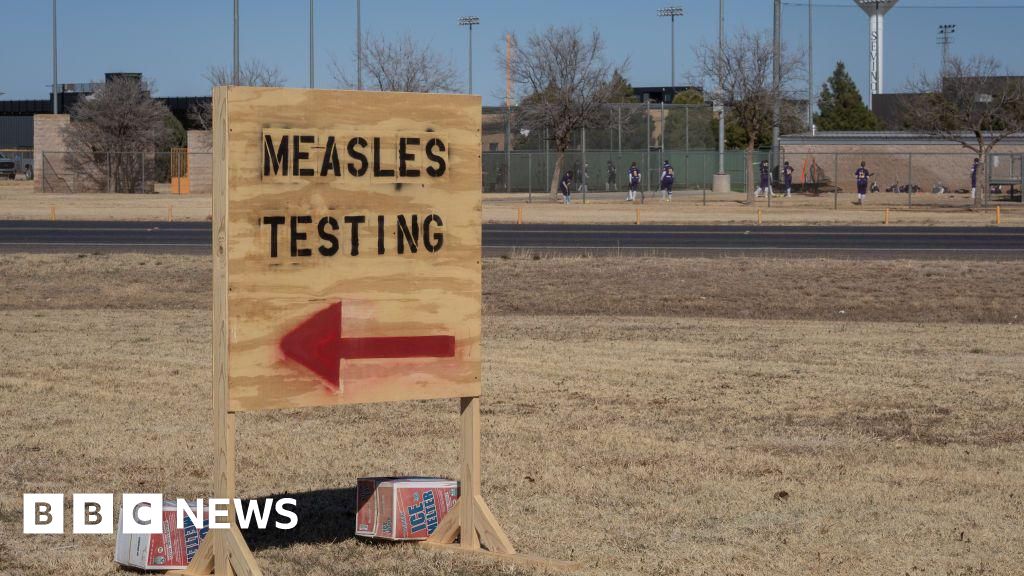Deadly Measles Surge: Second Child Succumbs in West Texas Health Crisis

Health Secretary Robert F. Kennedy Jr. is set to visit the state, which is currently grappling with a significant public health challenge, having reported 480 confirmed cases. The impending visit signals a potential high-level intervention to address the growing health concerns and provide strategic support to local health authorities.
Kennedy's arrival comes at a critical moment, as the state works to understand and mitigate the spread of the reported cases. His expertise and leadership are expected to bring renewed focus and resources to the ongoing health situation, offering hope and guidance to local communities affected by the outbreak.
Local health officials are eagerly anticipating Kennedy's insights and potential recommendations for managing and reducing the number of cases. The visit underscores the importance of federal-level attention to regional health challenges and demonstrates a commitment to supporting states during public health crises.
